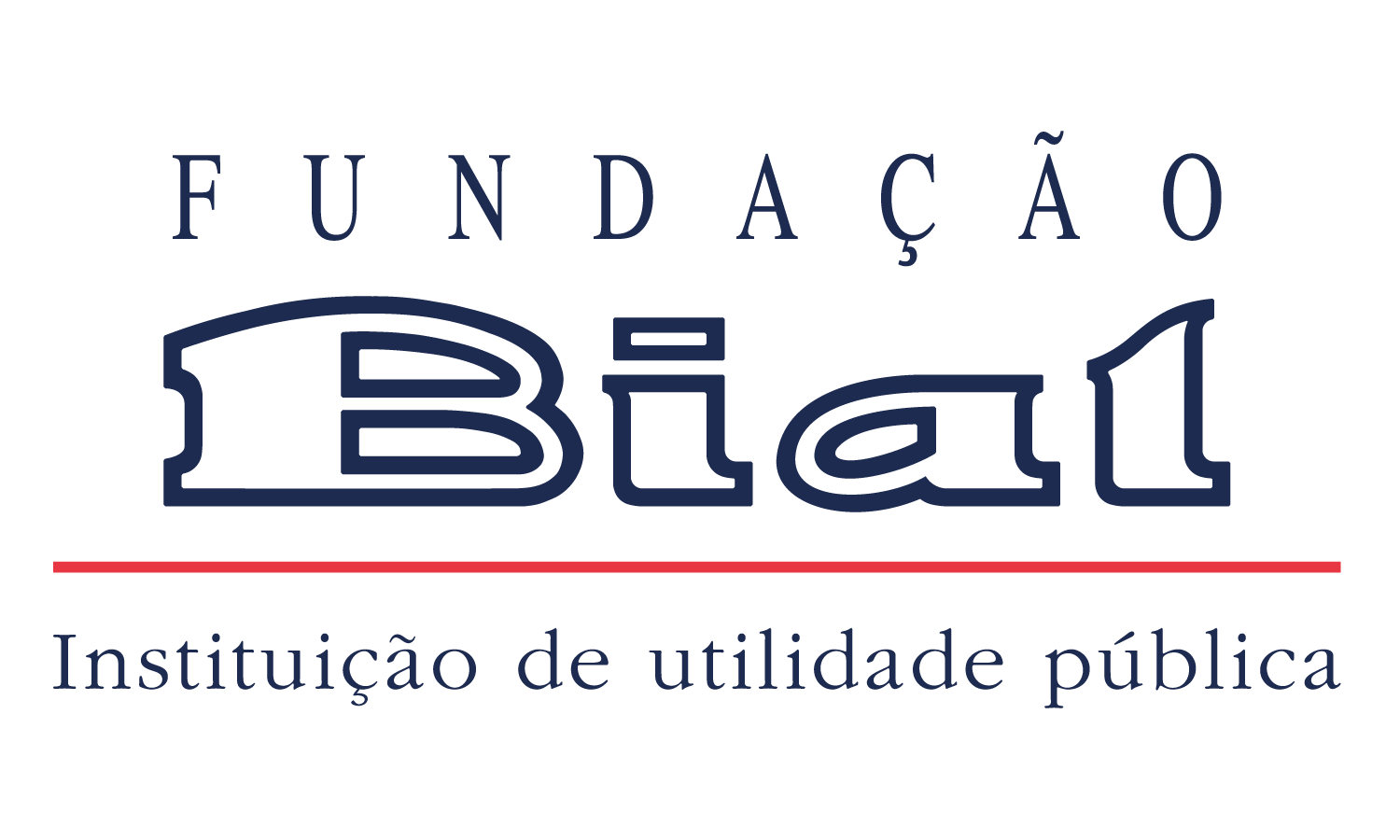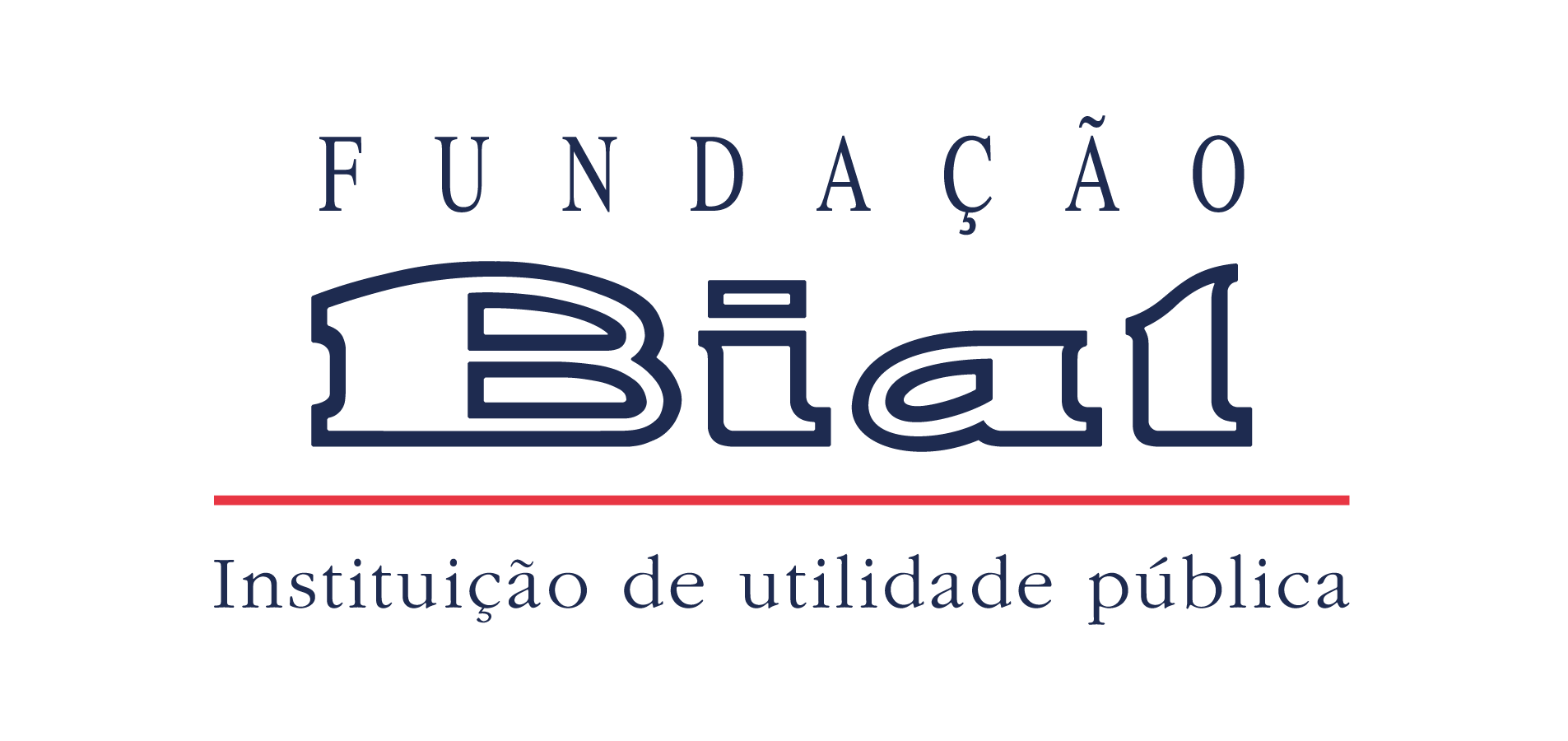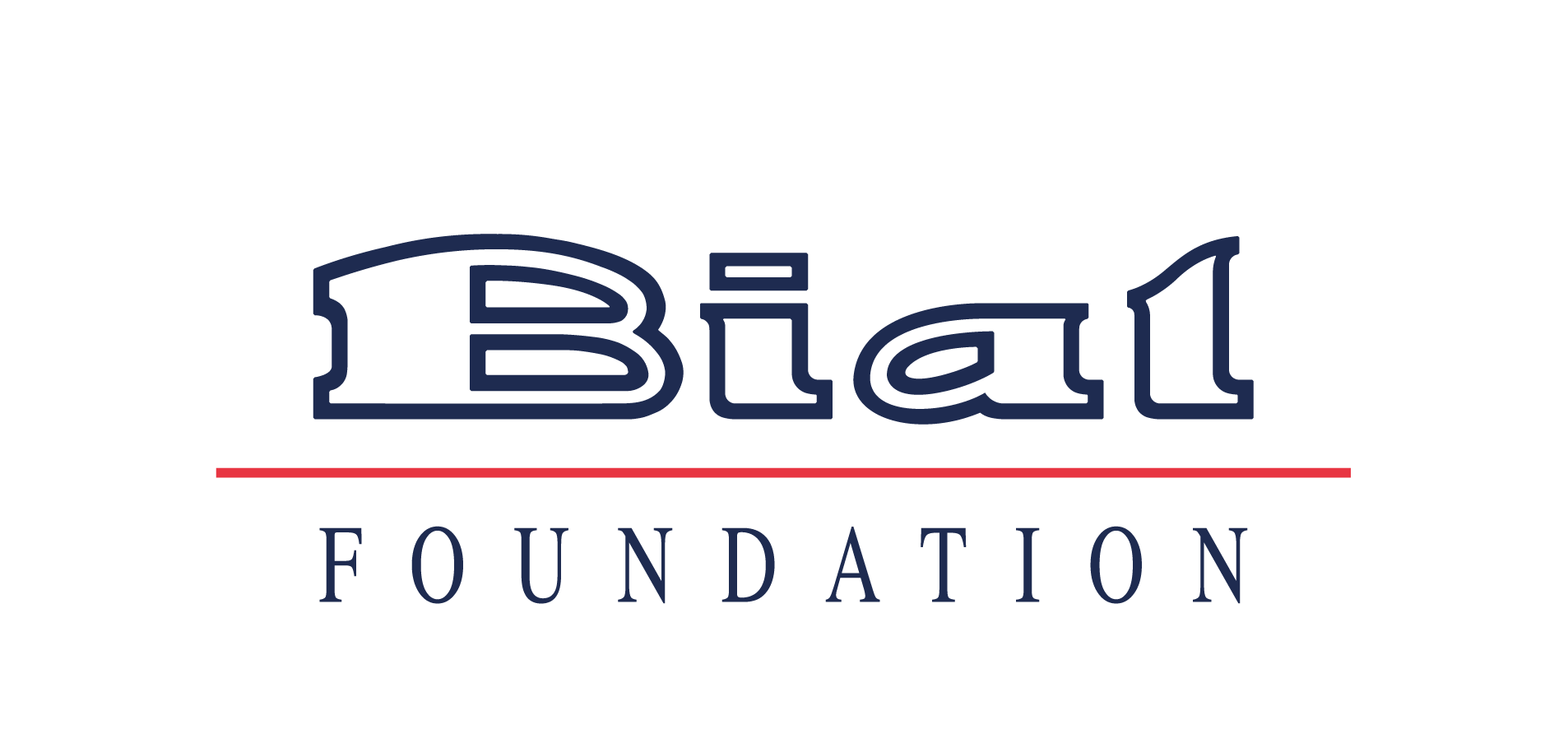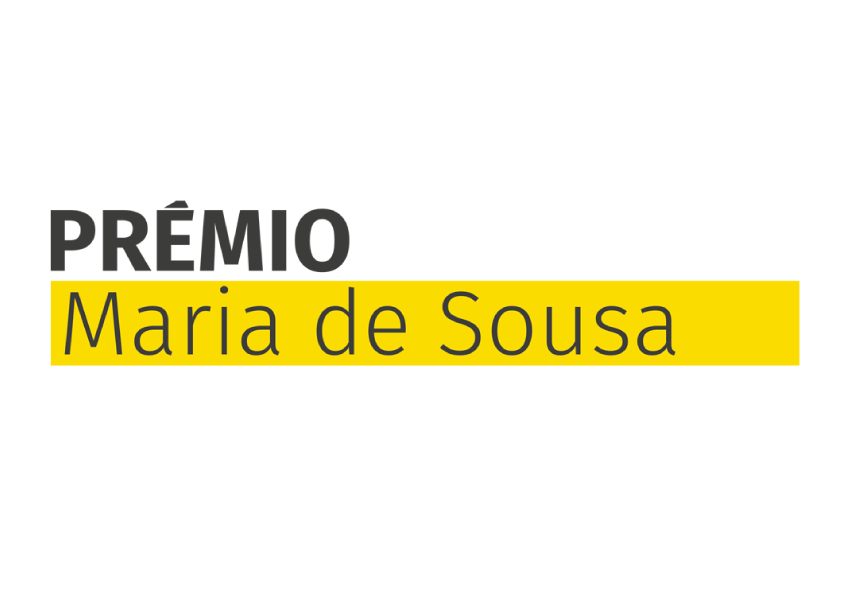Notícias
- Science Stories
- Destaques
- Looking for collaboration
- Links úteis
- Logos
Science Stories
É a concretização da nossa missão. Desde a sua criação a Fundação BIAL já aprovou para financiamento 946 projetos, envolvendo cerca de 1900 investigadores de 31 países. São três décadas de apoios a Projetos de Investigação Científica orientados para o estudo neurofisiológico e mental do ser humano, nas áreas da Psicofisiologia e da Parapsicologia.Conheça as histórias por detrás da ciência.
Science Stories

Empatia em casais
Compreender o funcionamento adaptado dos casais é algo crucial dadas as consequências nefastas da violência conjugal.

Vai escolher o de sempre ou arriscar?
Escolhemos sempre o mesmo caminho de regresso a casa, mas um dia decidimos arriscar um percurso alternativo. O que nos leva a tomar esta decisão?
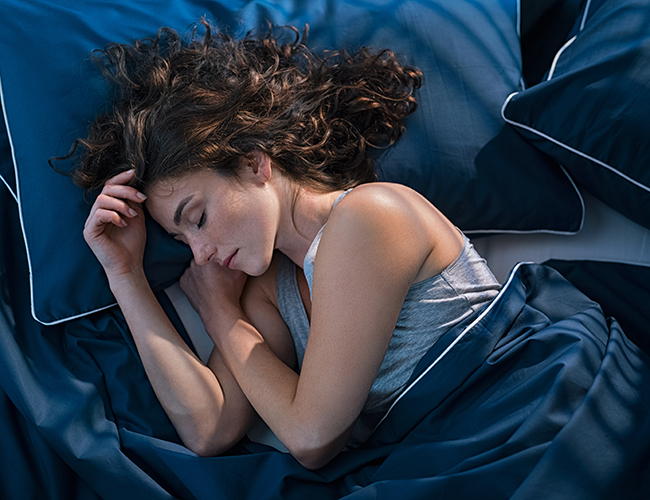
Sonhar enquanto se dorme e “sonhar acordado”: diferenças e semelhanças
Sabia que os sonhos “diurnos” refletem acontecimentos dos dois dias anteriores, enquanto os sonhos “noturnos” se assemelham a um enredo de ficção?

O seu cão tem competências sociais?
Estudo revela que a visualização do rosto do dono funciona como reforço social positivo para os cães. Conheça resultados intrigantes sobre o “melhor amigo do homem”.
News
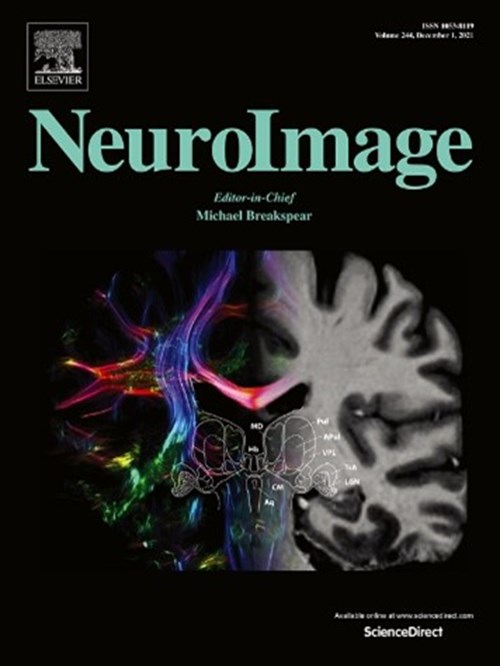
Assinatura neural da reorientação da atenção
Spectral signature of attentional reorienting in the human brain, publicado na revista científica NeuroImage, apresenta parte dos resultados do projeto 159/16 - Unraveling the neural mechanisms of human memory decisions with magnetoencephalography, desenvolvido por Carlo Sestieri e Stefania Della Penna com o apoio financeiro da Fundação BIAL.

Bestseller de Luís Portela lançado em audiolivro
O bestseller “Ser Espiritual - Da Evidência à Ciência”, da autoria do Presidente da Fundação BIAL, Luís Portela, está agora disponível em versão audiolivro. Nesta versão falada do livro, com narração a cargo do autor, Luís Portela cruza os saberes tradicionais com os resultados da investigação científica recente e sugere um prévio despojamento de conceitos e preconceitos para que o leitor possa perspetivar o Universo a partir do seu eu espiritual de uma forma harmoniosa, consistente e útil.

Novos mecanismos de prevenção da agregação da proteína tau
No âmbito do projeto 343/14 - Proteotoxic insults and synaptic dysfunction in the aging brain, financiado pela Fundação BIAL, a equipa de investigação liderada por Cláudio Gomes publicou o artigo “Dynamic interactions and Ca2+-binding modulate the holdase-type chaperone activity of S100B preventing tau aggregation and seeding” na revista Nature Communications.
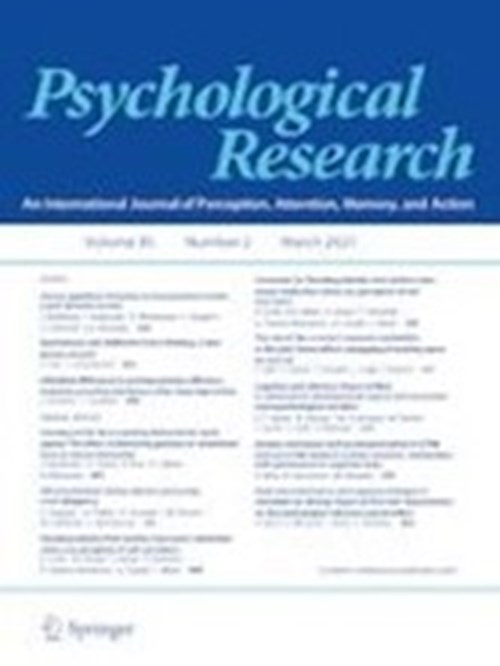
A realização simultânea de múltiplas tarefas e a memória de trabalho
“A realização simultânea de múltiplas tarefas exige um nível de processamento superior ao mero somatório do processamento exigido no desempenho de várias tarefas de forma isolada” foi uma das conclusões do artigo “The working memory costs of a central attentional bottleneck in multitasking”, da autoria de Andre Szameitat e colaboradores, publicado na revista Psychological Research, no âmbito do projeto 142/16 - Gender differences in physiological correlates of multitasking, apoiado pela Fundação BIAL.
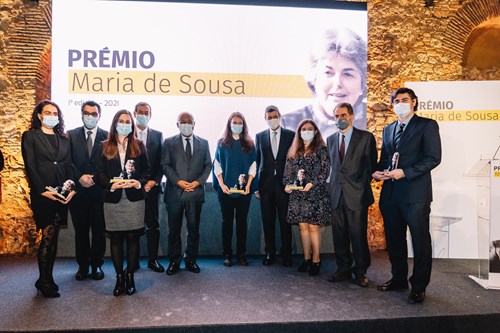
Ordem dos Médicos e Fundação BIAL entregam Prémio Maria de Sousa
PRIMEIRA EDIÇÃO DISTINGUE INVESTIGAÇÃO EM DOENÇAS CARDIOVASCULARES, CANCRO, DOENÇA DO SONO E FUNCIONAMENTO CELULAR O Prémio Maria de Sousa foi entregue no dia 24 de novembro a cinco investigadores portugueses, numa cerimónia que decorreu no Teatro Thalia, em Lisboa, e contou com a presença do primeiro-ministro, António Costa, a presidir à sessão, e do ministro da Ciência, Tecnologia e Ensino Superior, Manuel Heitor.

Artigo publicado em revista de 1º quartil (Q1)
No âmbito do projeto de investigação 356/18 - Neural mechanisms underlying unconscious working memory, apoiado pela Fundação BIAL e conduzido pelo investigador principal Albert Compte, foi publicado o artigo Pinging the brain with visual impulses reveals electrically active, not activity-silent, working memories na revista científica com alto factor de impacto PLOS Biology.

Luís Portela homenageado pela Câmara Municipal da Trofa
Luís Portela, Presidente da Fundação BIAL, foi homenageado pela Câmara Municipal da Trofa no âmbito da Sessão Solene Evocativa do 23º Aniversário do Município. A cerimónia teve lugar no dia 19 de novembro, no Auditório do Fórum Trofa XXI.
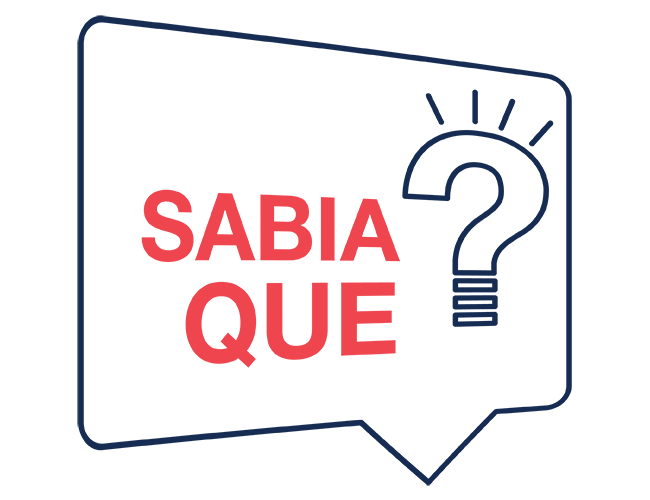
A Fundação BIAL apoia projetos que cruzam a Psicofisiologia e a Parapsicologia
Sabia que a Fundação BIAL apoia projetos que interrelacionam a Psicofisiologia e a Parapsicologia e que publicam em revistas como Consciousness and Cognition e Frontiers in Psychology?

O perfil das revistas científicas em que os projetos apoiados pela Fundação BIAL publicam é diversificado
Sabia que Journal of Parapsychology, Scientific Reports e Frontiers in Psychology integram o top 10 das revistas científicas com mais artigos publicados no âmbito de projetos apoiados pela Fundação BIAL?
Looking for collaboration

The quest of physiological markers for the experience of pain
Researcher: Elia Valentini - Department of Psychology & Centre for Brain Science, University of Essex Summary: The aim of this project is to improve measurement of the human experience of pain by investigating a combination of psychophysical and physiological responses during mild noxious stimulation. More specifically, we want to investigate how sensitive and specific to pain the brain oscillatory responses are. We use EEG as the main technique, but we are keen to collaborate with neuroscientists using fMRI, autonomic measures and brain stimulation as well as with computational neuroscientists. A clinical collaborator would also be very much welcome.

EEG investigation of hypnosis and decision-making
Researcher: Rinaldo Livio Perri - University Niccolò Cusano Rome, Italy Summary: I work in the field of hypnosis and cognitive neuroscience. In particular, I adopt the event-related potentials (ERPs) to investigate the effect of the hypnotic suggestions on sensory processing and cognitive performance. I am an expert in decision-making and proactive brain processes before the stimulus administration (e.g., the perceptual, prefrontal and premotor readiness during the expectancy stage). I could help colleagues to properly analyze the ERP signal in the pre-stimulus stage of processing. Also, I would be happy to share my EEG data for re-analyzing them in the frequency domain (e.g., wavelet or coherence analysis in the hypnosis research). Feel free to contact me for any question! More information on my papers: https://scholar.google.it/citations?user=-8e_V64AAAAJ&hl=it Possible collaborations: neuroscientist with experience in the EEG frequency analysis Email: perri.rinaldo@gmail.com

Transparent Psi Project - looking for collaborators
Summary: We are running a fully transparent, expert consensus-base multilab replication of Bem’s (2011) experiment 1. The project features state of the art methods to maximize transparency and study integrity. The study involves a computerized experiment taking about 20 minutes per session. Group testing is possible in a computer lab, no specialized equipment needed. Labs are expected to recruit at least 100 participants. Participants will be exposed to images with explicit erotic/sexual content in the experiment. No financial compensation is required for the participants. Data collection is expected to take place in the 2020 fall semester. Every material is provided for ethics/IRB submissions and data collection in English (translation of materials might be necessary by the collaborators). The study is pre-registered and the manuscript is accepted in principle for publication in the journal Royal Society Open Science. All collaborators who meet the minimum sample size criterion will get authorship on this paper reporting the results of the replication study. More information in the preprint: https://psyarxiv.com/uwk7y/ Indicate interest in the collaboration via the following form: https://tinyurl.com/tpp-labs With any question contact the lead investigator: Dr. Zoltan Kekecs, kekecs.zoltan@gmail.com

Cognitive control and learning
Researcher: Ignacio Obeso, Ph.D. / CINAC - HM Puerta del Sur Summary: The aim of our projects is to understand the behavioral and neural mechanisms used to learn how humans establish adaptive behaviour in changing contexts. More specifically, we want to decipher how stopping abilities are initially learned and later executed under automatic control. We use task-related fMRI, brain stimulation and clinical models to test our predictions in laboratory settings as well as online home-based paradigms. Possible collaborations: computational scientist Email contact: i.obesomartin@gmail.com https://iobesomartin.wixsite.com/cognitivecontrol
Veja aqui links de Fundações, Organizações, Sociedades e outros que lhe podem interessar.
- BrainFacts.org
- Cognitive Neuroscience Society
- Dana Foundation
- European Brain Council
- European Society for Cognitive and Affective Neuroscience (ESCAN)
- Federation of European Neuroscience Societies (FENS)
- Human Brain Project
- IANDS International Association for Near-Death Studies
- Institut Métapsychique International (IMI)
- Instituto de Psicologia Paranormal
- International Behavioral Neuroscience Society (IBNS)
- International Brain Research Organization
- IONS Institute of Noetic Sciences
- Kavli Foundation
- Koestler Parapsychology Unit
- Open Sciences
- Organization for Human Brain Mapping (OHBM)
- Parapsychological Association
- Psi Encyclopedia
- Rhine Research Center
- Sociedade Portuguesa de Neurociências
- Sociedade Portuguesa de Neurologia
- Society for Neuroscience
- Society for Psychical Research
- Society for Scientific Exploration (SSE)
- World Federation of Neurology

